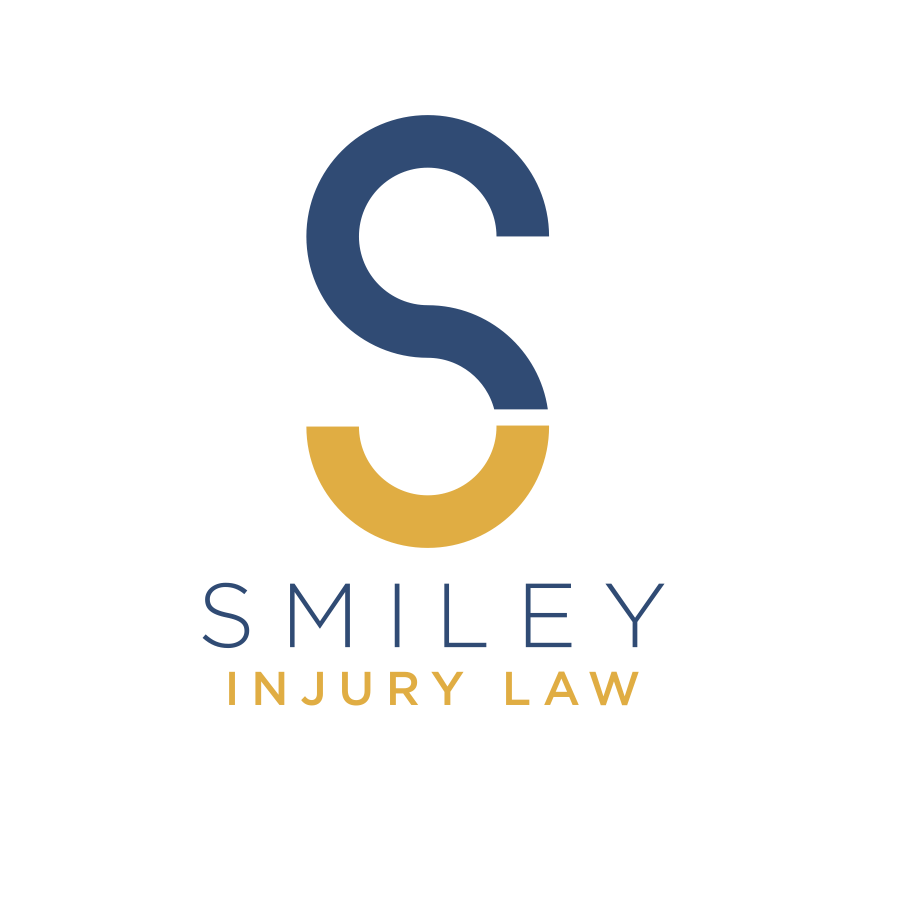Why Car Accident Victims Should Understand Dysarthria
Many complicated injuries can result from a car accident, but knowing what to do when you’re already in a confused, upset, and even angry state of mind can make getting proper medical assistance difficult.
 Remember to always go see your doctor first if you have any symptoms such as the ones listed below in this blog and associated with traumatic brain injury. You can always retain a lawyer once you get a diagnosis and start the healing process.
Remember to always go see your doctor first if you have any symptoms such as the ones listed below in this blog and associated with traumatic brain injury. You can always retain a lawyer once you get a diagnosis and start the healing process.
When you need legal representation, consult with a New Orleans car accident attorneys who know how to handle your claim in the most efficient and cost-effective manner possible. Smiley law firm has a team of experienced, car accident injury attorneys. Let us fight for you.
What Is Dysarthria?
Most people could not tell you what Dysarthria was off the top of their head. While it may sound complex, though, it’s actually a common occurrence found in car accident victims.
To put it simply, Dysarthria is a condition where a person has difficulty articulating their words. It can affect a person’s ability to speak clearly and it’s linked to muscle weakness. Dysarthria has been associated with other brain injury conditions such as Aphasia. These illnesses were once isolated to certain conditions such as stroke but now are being found in auto accident victims.
Symptom #1 – Slow Speech
Do you find yourself speaking more slowly following a car accident? Do friends or family notice a difference in the speed at which you are speaking? That could be linked to Dysarthria and it is worth a closer look.
Symptom #2 – Slurred Speech
Another symptom of Dysarthria is slurred speech. If you are now having trouble speaking clearly or properly enunciating words, that might be linked to Dysarthria or another serious medical condition.
Symptom #3 – Being Misunderstood
Are people now asking you to repeat yourself or are they have difficulty understanding what you’re trying to say to them? That could mean that the way you speak has changed or is being affected by an underlying condition like Dysarthria, which can be linked to a brain injury or a nervous system injury.
What To Do If You’re Experiencing Symptoms
Unfortunately, many car accident victims chalk up issues with speaking to anxiety or nerves following the accident. However, it could be something much more serious. It’s important that you seek medical attention following an accident so that staff can document your current state and any symptoms you’re having as a result of the accident.
Dysarthria, slurred speech, and speaking slowly can all be linked to very serious conditions like a brain injury. That’s why it’s critical that you have any issues, symptoms, or changes in your abilities and/or behavior following an accident addressed immediately.
What To Tell Doctors
Whether you have been treated after the accident or not, it’s important that you reach out to medical staff right away in the event that you are beginning to experience new, worsening, or persistent symptoms.
Ideally, medical help should be the first thing you seek after an accident. Do not delay seeking help until you begin to experience symptoms, as that can worsen your condition. Instead, seek help right away and then doctors will have the best chance of diagnosing any injuries you have earlier on, which means healing can start right away.
 Let your doctor know that you have been in a car accident and be certain that you inform them of any symptoms you’re experiencing, no matter how minor you think they are. It’s important to get everything on record and it’s even more important that you’ve fully disclosed everything to your doctor so that they can treat you appropriately.
Let your doctor know that you have been in a car accident and be certain that you inform them of any symptoms you’re experiencing, no matter how minor you think they are. It’s important to get everything on record and it’s even more important that you’ve fully disclosed everything to your doctor so that they can treat you appropriately.
What If I Already Went To The Doctor?
If you have already gone to your doctor or hospital to be checked after the car accident, you should feel urged to revisit them with any new symptoms that arise. Symptoms do not always occur immediately, and it’s actually the delayed symptoms that can have the biggest impact on your long-term wellbeing.
Why Were My Symptoms Delayed?
Many accident victims will not experience symptoms for hours, days, or even weeks after the accident. It depends on the injury causing the symptoms.
In the event of a brain injury, symptoms will often be caused by swelling, which can take some time to occur. However, once you begin to notice changes, it’s paramount that you have them addressed by a professional right away before the injury is able to become long-term, permanent, or even life-threatening.
Document Your Medical Assistance
A car accident can throw you for a loop. In the event of serious injuries, it can even put you out of work and into a downward spiral emotionally and financially. What’s important for you to know is the at-fault driver should take full responsibility for all of the financial burden they have placed on you as a result of the accident.
The first step in receiving compensation and getting back on the road to good health, however, is reaching out and receiving medical attention for your injuries. You should be certain that everything is documented for your own well being.
Track Every Charge & Quote
In the event that you file an injury claim down the road, you’re going to want to know exactly how much you had to pay or will have to pay as a result of your accident. This includes medical bills for visits, care, prescriptions, and so on.
If you are quoted for surgery, physical therapy, emotional therapy, or anything else medically necessary as a result of your injury, you should also keep track of those quotes. Without them, you may not be fully compensated for the costs.
Ask for Written Documentation
Any recommendations, injuries, or symptoms diagnosed by your doctor should be written down and dated. Get a hard copy of all of your paperwork and be certain to keep it in a safe place.
Ask for Help
Getting legal help is the next step to take after you have begun receiving the medical care you need. Smiley Injury Law can help you in getting the compensation you deserve for your injuries and get you back on your feet and smiling again. Schedule a consultation by clicking the link or if you have questions or comments please leave them below. We will respond promptly.





